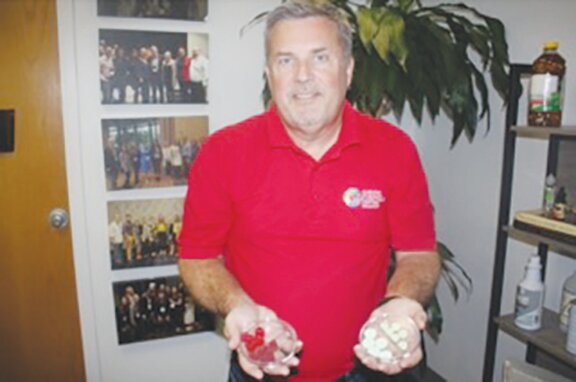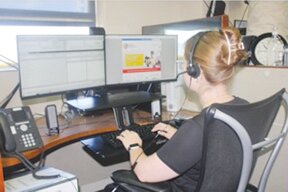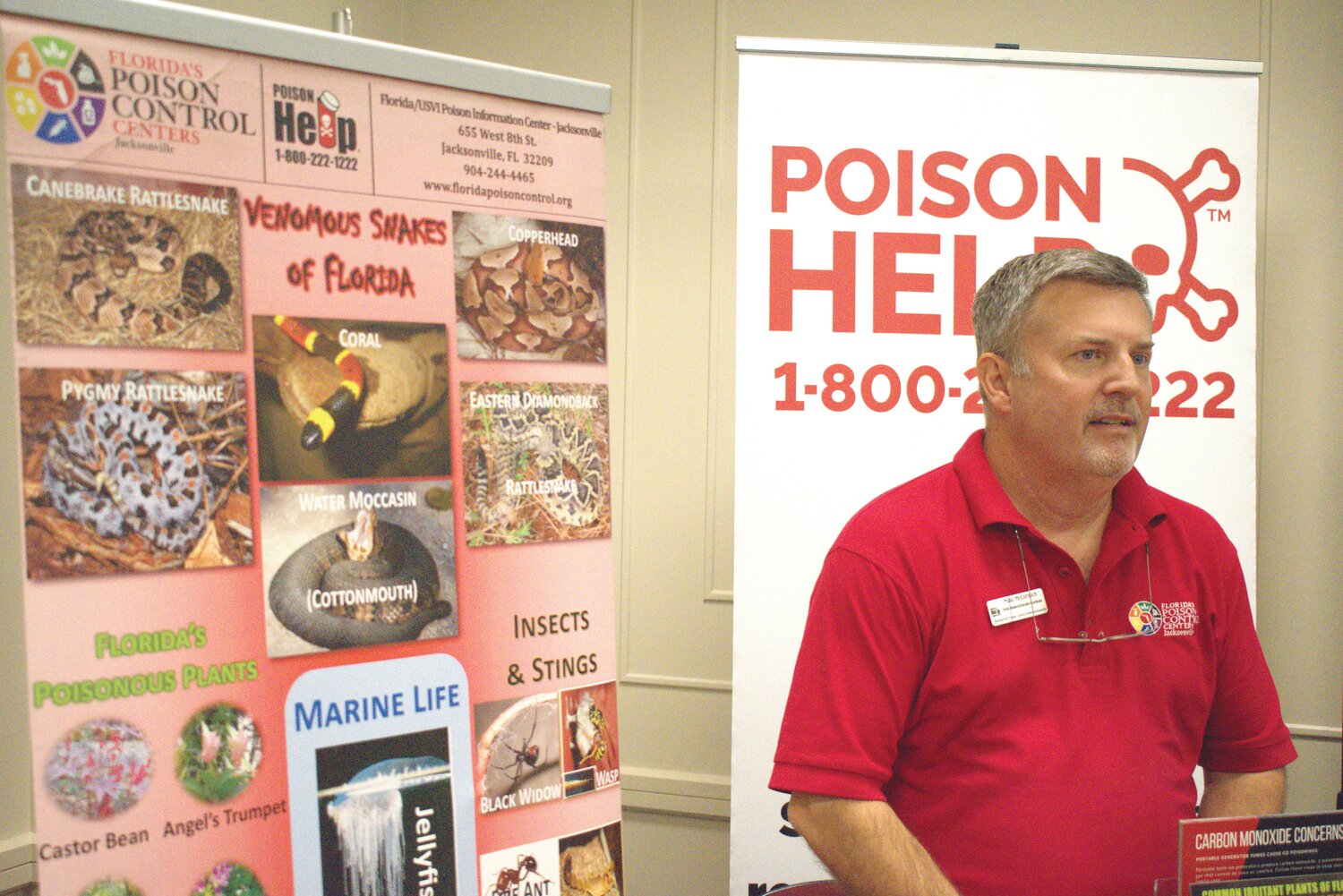Schools reopening rekindles poison concerns
Distractions, hectic routines contribute to accidental dosing
CLAY COUNTY – As students head back to school, parents and educators are urged to remain vigilant about potential poison exposure that can unexpectedly arise for children during the transitional …
This item is available in full to subscribers.
Attention subscribers
To continue reading, you will need to either log in to your subscriber account, below, or purchase a new subscription.
Please log in to continueDon't have an ID?Print subscribersIf you're a print subscriber, but do not yet have an online account, click here to create one. Non-subscribersClick here to see your options for subscribing. Single day passYou also have the option of purchasing 24 hours of access, for $1.00. Click here to purchase a single day pass. |
Schools reopening rekindles poison concerns
Distractions, hectic routines contribute to accidental dosing
CLAY COUNTY – As students head back to school, parents and educators are urged to remain vigilant about potential poison exposure that can unexpectedly arise for children during the transitional period.
Michael McCormick, Media Relations and Education Coordinator at the Florida/USVI Poison Information Center, wanted to emphasize the importance of heightened awareness regarding toxins around children.
With changing routines, increased use of cleaning products at schools, and concerns like energy drinks and online dares to be aware of for teens, the need to err on the side of caution has never been greater. Children have consisted of 37% of the Poison Information Center’s calls in the last six years.
“We always see an uptick in calls when school reopens. The surge can be attributed to a variety of factors. Family routines change during the summer, and all of the sudden, you’re back to school, and your routine has to change back again. People are getting up early, and there’s a mad morning rush,” he said.
During these times, medication errors can occur. A typical scenario is “double dosing,” when a parent or caregiver accidentally administers a second dose of medication, McCormick explains. He advises caregivers to take a moment, read the medication label carefully, and administer it without distractions.
“It’s crucial to focus solely on giving the medication and ensure that you aren’t doing anything distracting you. Put the cell phone down and take that ‘medicine time,’ Make (that time) solely focused on giving medicine,” McCormick said.
McCormick also addressed the challenges of handling multiple children.
“You’re very busy, trying to make breakfast and getting dressed, and you might hand the wrong medicine to the wrong child or administer the incorrect dose. We know it’s hectic. We go through it, too. You have to stop and pause for a second and make sure that you read the bottle every single time. Our memories have a crazy way of forgetting sometimes,” he said.
McCormick also urged parents to lock their medicine high and tight, away from children, while also being wary of cleaning products, which contain dangerous toxins like alcohol, among other chemicals.
With the increased use of cleaning products in classrooms, such as hand sanitizer, due to the COVID-19 pandemic, teachers should also be especially wary. “Obviously, since COVID, there’s been a greater emphasis on making sure classrooms are germ-free as possible. We’ve seen an increase in children ingesting things like hand sanitizer, and that can become very dangerous because some of those are alcohol-based, which raises blood sugar levels,” he said. Teachers should also keep items locked away out of the reach of children.
But that’s not all. McCormick said that it’s common for younger children to attempt to eat pens, pencils, markers, and crayons. However, there is one saving grace.
“The good news is that most of these are non-toxic,” he said.
But in this and all situations, he still encouraged adults to play it safe by calling the Poison Information Center. “We still encourage you to go ahead and call us. There’s no cost to call, and we can make sure that the substance is definitely non-toxic and see if there’s any sort of treatment we can give you over the phone,” McCormick said.
The changing of season ushers a unique set of additional concerns, including those related to wild plants such as mushrooms. Teachers should be especially wary of this when children are on the playground.
McCormick also is concerned by the popularity of energy drinks.
“When you start to look at the amount of caffeine in caffeine energy drinks, you can very quickly put yourself in a case of caffeine poisoning,” McCormick said.
He said a new brand, Prime, contains approximately half the daily caffeine dose in one drink. The key is to monitor children’s habits and familiarize them with potential hazards.
With schools back in classes, food poisoning becomes an issue. Cold foods should be kept at 40 degrees or colder, and hot foods should be at least 140 degrees.
Poison Information Center’s calls are computerized and entered into a database that tracks more than 500,000 substances. Florida’s locations are part of a national network, including 55 locations. The center’s hotline, (800) 222-1222, is a national phone number.












